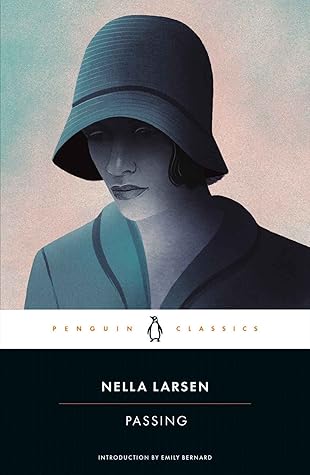More on this book
Community
Kindle Notes & Highlights
society in which nuance and ambiguity are considered fatal threats to the social order.
All the scenes between the two women vibrate with a sexual tension so thick that Deborah McDowell and other critics have characterized Passing as a novel that is as much about the sexual longing between the two women as it is a story about race.
The self itself is unstable, just like the concept of race.
nothing sacrificial in Clare Kendry’s idea of life, no allegiance beyond her own immediate desire.
About her clung that dim suggestion of polite insolence with which a few women are born and which some acquire with the coming of riches or importance.
Standing there under the appeal, the caress, of her eyes, Irene had the desire, the hope, that this parting wouldn’t be the last.
And her presence there annoyed Irene, roused in her a defensive and resentful feeling for which she had at the moment no explanation.
To count as nothing the annoyances, the bitterness, or the suffering of others, that was Clare.
We disapprove of it and at the same time condone it. It excites our contempt and yet we rather admire it. We shy away from it with an odd kind of revulsion, but we protect it.”
It was, she cried silently, enough to suffer as a woman, an individual, on one’s own account, without having to suffer for the race as well. It was a brutality, and undeserved. Surely, no other people so cursed as Ham’s dark children.1
“Death by misadventure, I’m inclined to believe. Let’s go up and have another look at that window.”


